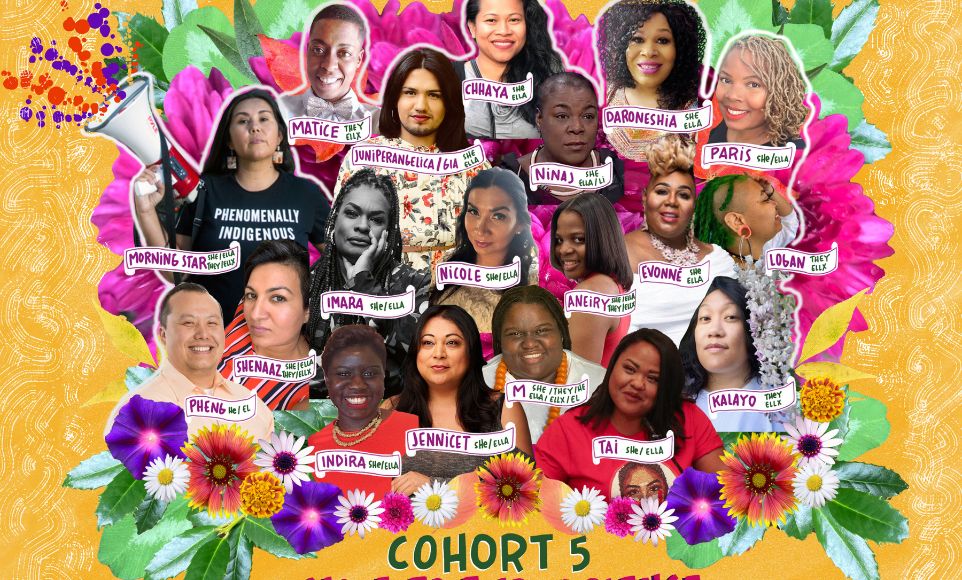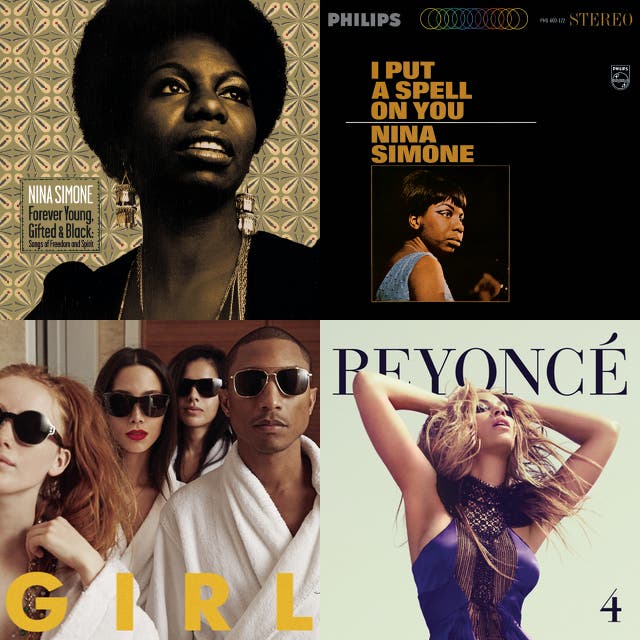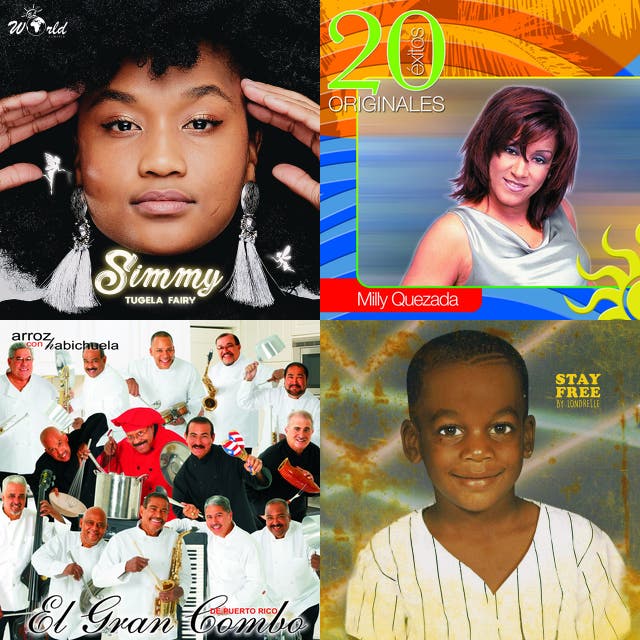Movement Maker Profiles: Indira Henard
Ms. Henard has been with the DC Rape Crisis Center for the last twelve years serving in different capacities, including leadership roles in fundraising, operations, cultivating relationships and strategic partnerships, as well as coalition building. As the Executive Director, she has not only repositioned the oldest and the first rape crisis center in the country, but she has laid a strong foundation as the agency prepares to celebrate 50 years of survivor centered, and community led services.
Who are your people?
My people are my family, my mom, my dad, my sister. My people are my sisters who continue to love on me, support me, hold me down, cover me. It’s my spiritual community, my political community, my social justice community, my movement community. Those are my people.
What brings you to this work?
What brings me to this work is that, for me, sexual violence is an issue that impacts every walk of life. It is an issue that disproportionately impacts BIPOC folks. For me there is no higher honor than being able to be with someone on their healing journey, and help them during their darkest hour, and reminding them that healing and hope is possible.
Which aspect of your movement work brings you the most joy?
The aspect of my movement work that brings me the most joy is literally being in community with survivors. Is to be able to see the trajectory of their healing process and to see and remember where they were when they started and where they are now. When I get that phone call that says, “Indira, I finished my Master’s degree,” or “I graduated from college,” or “I’m in a healthy relationship. I’m having healthy consensual sex. I got married.” Those are the moments that remind me that one, there’s victory in victimization, or that the greatest tragedy in your life does not have to be the greatest highlight in your life.
What moves are you making to end violence?
The moves that I’m making to end violence is not just calling folks out, but calling people in. I think that there has to be a conversation around accountability. I think that we have to be mindful. One thing that I’m really working towards is language and having intergenerational conversations across movements around exactly what sexual violence is, particularly in BIPOC communities.
We have to get past where we are co-signing the inappropriate behavior that Uncle Johnny does at Thanksgiving, and not saying anything. For me, it first starts with having intergenerational conversation. It first starts by making sure we’re all talking from the same dictionary and using the same language. It starts with calling folks out, but also calling them in, because that’s truly where the accountability rests.
How would you describe your leadership strengths?
I would describe my leadership strength as someone who is authentic in all that she does and is able to have the hard conversations. Is able to stand in the fire if the moment calls. I think, for me, my leadership is a leadership in terms of it rises to meet the moment. Whatever that moment is, I believe that my leadership has been battle-tested.
I am a warrior leader who has never turned her back on the battlefield. I’m very transparent, very honest. I also recognize that sometimes I fall short. Part of my leadership is really creating brave leadership and really creating a space of accountability. Not just in terms of how I move, but just having interpersonal accountability as well.
What keeps you in this work?
Survivors. Understanding that our work is not done, and unfortunately, probably won’t be done for quite some time. Understanding that it’s important that BIPOC survivors see other BIPOC professionals doing this work. It means something. What I’m also clear about is that I’m doing what I am called to do versus what I am expected to do. That I am truly walking in my purpose. This is a purposeful walk. This is a faith walk.
The road to end sexual violence is long, and so understanding the moment in time we’re living in, we’re living in a watershed moment around sexual violence, unprecedented times.
Understanding that sexual violence is not a single issue because we don’t live single-issue lives and that it is connected to the racialized violence that we’re seeing in this world, lets me know that there’s still work to be done.






.svg)
.svg)





